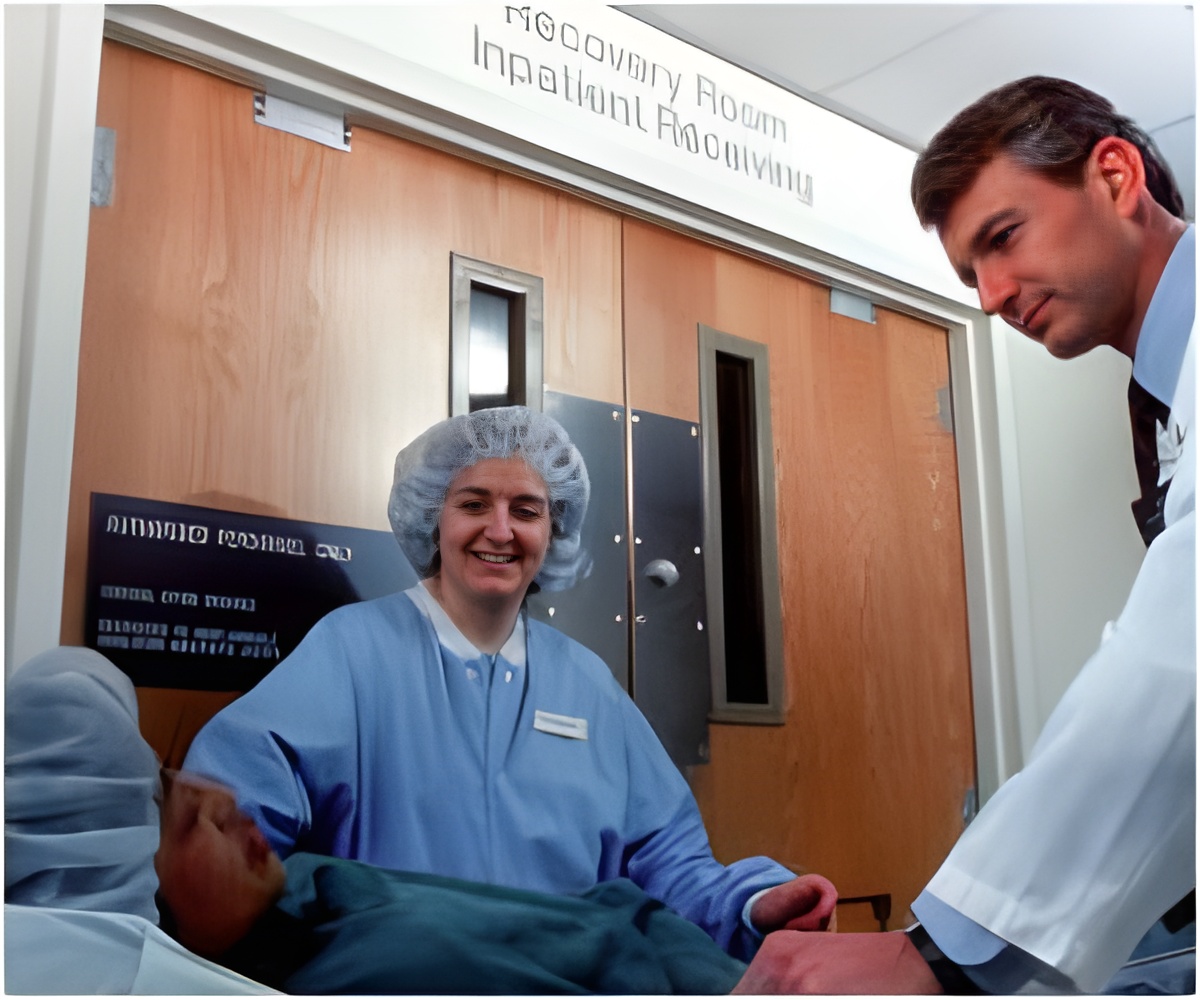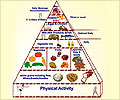Atul Gawande is an Indian-American surgeon, public health researcher, staff writer The New Yorker magazine and professor at Harvard Medical School and Harvard School of Public Health.

In his recent book, he talks about end of life care for terminally ill patients and how important it is for medical professionals to focus on minimising the suffering of patients during their last days rather than just extending life. He believes, even if a person is expected to live only for a mere 6 months, he/she can have potential and their own goals, which need to be respected by the medical professionals. He also supports euthanasia as an ethical possibility. Instead of pushing them to undergo further gruelling treatments and surgeries in order to increase their span of life, they need to focus on improving their quality of life. He says that it is important for the doctors to inquire a patient if they want to continue with the treatments or not. Surprisingly, many of the people opt out of the aggressive surgeries. In such cases, he says, death should not be the goal but living a meaningful quality life in the last few days is.
On the role of doctors in shaping the public health care in a country, he believes that most of the doctors are highly educated, hard working, they do connect with people and have many opportunities through their profession to bring changes in public health. Further adding that in India, there are going to be changes for good. However, as of now, healthcare is a financial shock for many, as medical expenditures can reduce a family to poverty. India needs to put in a lot of work on insuring health, especially for the old, by providing economic security. He also said that he is currently doing a project in UP on neonatals called Better-Birth, to strengthen the maternal healthcare in rural areas.
Dr. Gawande has advised the Centres for Disease Control to design a checklist for Ebola prevention. On which he says, “Ebola can be contained only if the transmission of the virus is contained. All the health care providers have to follow the checklist on Ebola care, as they are more vulnerable for transmission.” In addition to this, he has, in association with World Health Organization, created a checklist of 30 important steps from the time a pregnant woman comes into the hospital up to the time she leaves with the baby from the hospital. This has been carried out first in Belgaum, Karnataka, which showed 80 percent improvement and is being carried out in Uttar Pradesh on a much larger scale.
Source-Medindia














